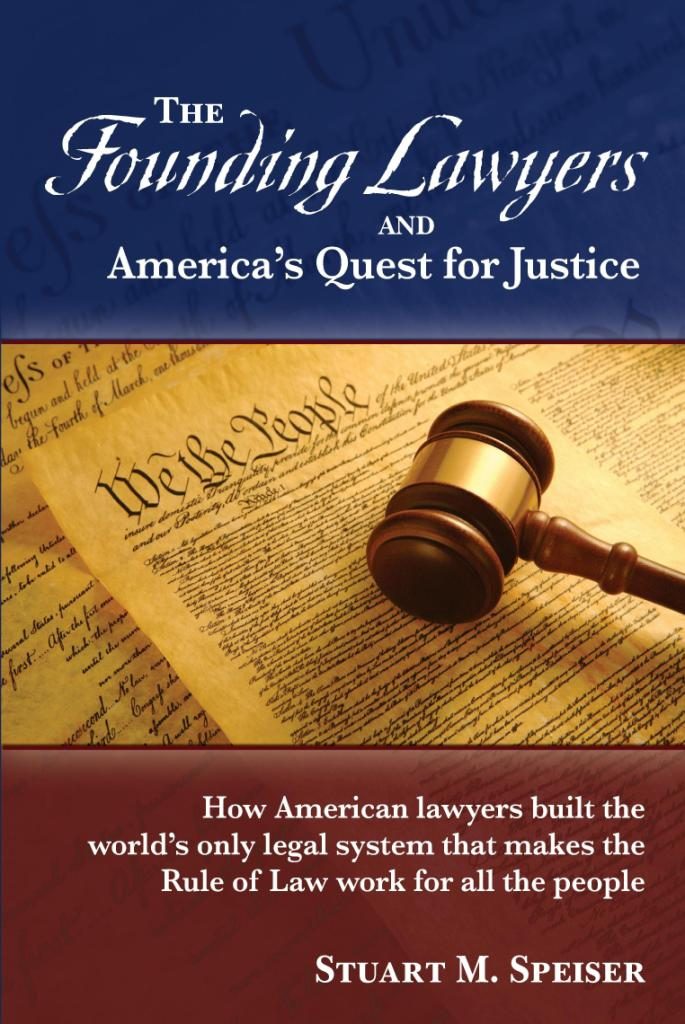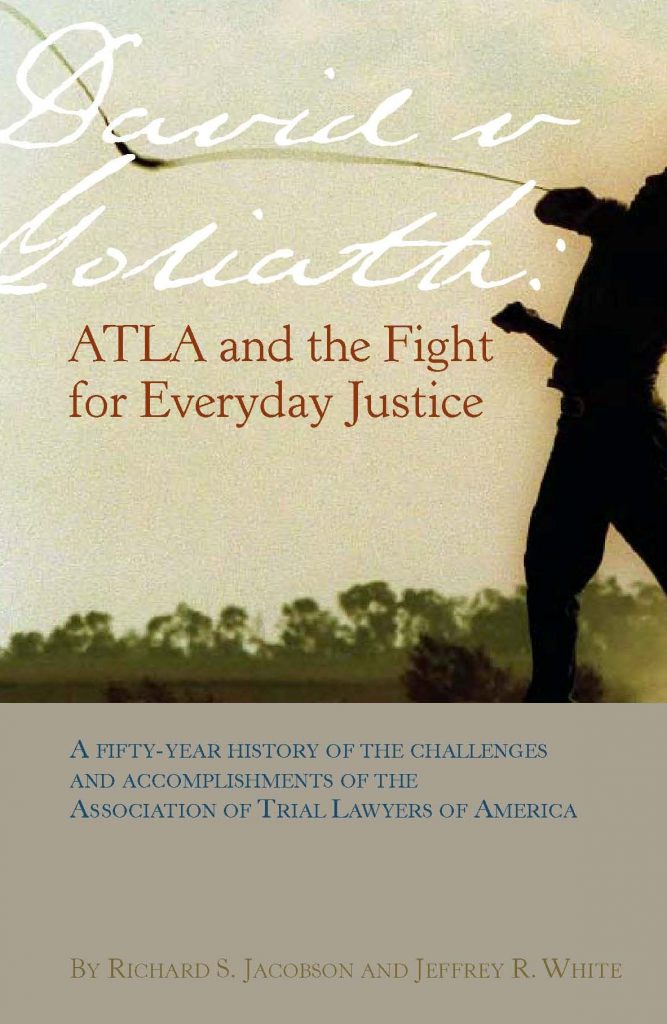For more than four decades, the Institute has published an impressive library of resources for practitioners, policymakers, academics, and the judiciary. The resources include books; reports of the Judges Forum; roundtable discussions; the Chief Justice Earl Warren Conferences on Advocacy; a model code of conduct for lawyers; and research monographs. These Papers serve to enhance the available research on the civil justice system. NCJI’s Papers are free to NCJI Fellows, academics, courts, and members of the judiciary.
Complete list of NCJI publications. Request publications here.
Reports of the Judges Forum
This Forum provides original legal research, created by prominent academics; commentary by experts from both sides of the bar; and small group discussions to facilitate a deep dive into the issues raised. The forum papers and reports are available for free download and provide citable, unique resources for the judiciary, academics, and practitioners.
Law Reviews from Academic Symposia
NCJI is committed to producing new emperical research supportive of the civil justice system. The papers prepared for the Symposia are published in the co-sponsoring law schools’ Law Reviews. Relevant topics have included state constitutional civil jury trial and remedy guarantees; the “war” on the U.S. civil justice system; the future of redress for injured workers in light of changing employment law; mandatory arbitration; and medical malpractice.
Books Distributed by NCJI

The Founding Lawyers
In 2010, the Institute published The Founding Lawyers and America’s Quest for Justice, the last written work of the late Stuart M. Speiser. Speiser was a veteran trial lawyer (founder of the AAJ Aviation Law Section) and a prolific author, with more than 50 volumes on legal and economic subjects to his credit.
The Founding Lawyers is the first book to explore the significance of the dominating role that was played by a few dozen lawyer-statesmen in creating America’s constitutional democracy and making it work. In it, Speiser shows how they used their legal skills to conceive, initiate, and execute a revolutionary plan for an entirely new form of government. They called it a Government of Laws, and enshrined it in the United States Constitution, which could not have been adopted without their many deft and daring legal maneuvers dating back to the Declaration of Independence.
David v. Goliath: ATLA and the Fight for Everyday Justice

“A veritable Who’s Who of plaintiff law since World War II. Few of us ever get to be part of history, let alone help make it. But the trial lawyers in this book did both. When special interests lobbied against accountability, ATLA spoke up for workers and consumers in legislatures and courts across America.”
— Thomas H. Henderson, Jr., former ATLA CEO
“Recently, I read a book that I recommend to every one of you because it will lift you up and make you realize that you are special, that being a trial lawyer is something that you should take a lot of pride in. The book is David v. Goliath: ATLA and the Fight for Everyday Justice, by Richard Jacobson and Jeffrey White. The book recounts our decades-long struggle to protect the rights of consumers, workers, and others victimized by powerful interests.”
— Les Weisbrod, former AAJ president, Trial magazine, August 2008
NCJI is honored to announce the re-publication on our website of David v. Goliath: ATLA and the Fight for Everyday Justice, by Richard S. Jacobson and Jeffrey R. White.
First published in a hardcover edition in 2004, David v. Goliath chronicles a half-century of ATLA’s challenges and accomplishments, from its humble conception at a cocktail party in the fall of 1945 to its continuing fight to preserve our civil justice system, trial by jury, and the rights of Americans who have been injured through no fault of their own.
American Lawyer’s Code of Conduct
The American Lawyer’s Code of Conduct was published in 1980-82 by The Foundation (precursor to the National Civil Justice Institute) in an effort to influence the redrafting of the American Bar Association’s Model Rules, which was then in progress. The Reporter for the Code was Monroe Freedman, Professor of Law and former Dean of Hofstra Law School. See Monroe H. Freedman, How Lawyers Act In the Interests of Justice, 70 Fordham L. Rev. 1717 (2002).